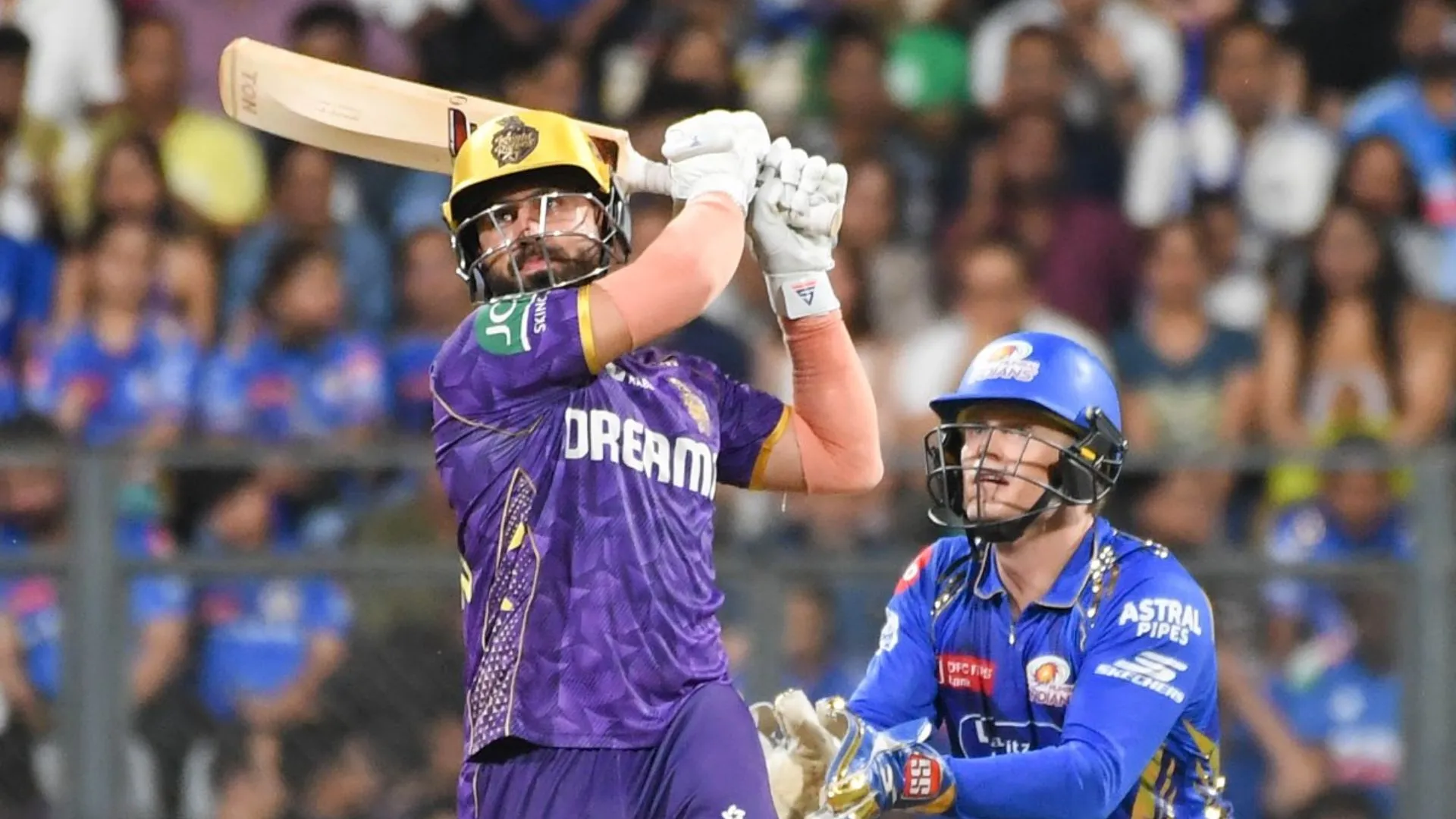The Supreme Court is scheduled to hear on Wednesday the suo motu case involving the rape and murder of a postgraduate trainee doctor at Kolkata’s RG Kar Medical College and Hospital in August 2024.
The hearing follows a January 20 ruling by a Kolkata court, which sentenced the accused, Sanjay Roy, to life imprisonment for the heinous crime. The ruling, however, has sparked statewide demands for the death penalty, with many questioning whether the punishment adequately reflects the severity of the crime.
The top court will also review an intervention application filed by the victim’s parents, who have raised concerns about the investigation process. They allege inefficiencies in the probe and have requested a further investigation to ensure justice is served.
Timeline of the Case
The incident occurred on August 9, 2024, when the body of the young doctor was discovered in a seminar hall at the hospital. She had been raped and murdered. The next day, police arrested Sanjay Roy, a civic volunteer, in connection with the crime. The Central Bureau of Investigation (CBI) later took over the case and filed a charge sheet that ultimately led to Roy’s conviction.
On August 18, 2024, the Supreme Court took suo motu cognizance of the case and has since conducted multiple hearings to oversee its progress.
‘Not Rarest of Rare’ Case, Says Court
While sentencing Roy to life imprisonment, Sealdah Court Judge Anirban Das held that the case did not fall under the “rarest of rare” category, which would have warranted the death penalty.
“I believe this is not a case of rarest of the rare. Therefore, I am sentencing you to imprisonment till death,” the judge stated while announcing the verdict.
The court emphasized the importance of modern justice rising above retributive instincts such as “an eye for an eye.” Judge Das clarified that the judiciary’s role is to deliver justice based on evidence rather than public sentiment.
Reactions and Public Outcry
The decision has drawn mixed reactions. The victim’s family, the CBI, and medical professionals have strongly advocated for the death penalty, arguing that it is necessary to set a precedent and deter future crimes of this nature.
Meanwhile, the court’s decision to prioritize the rule of law over popular opinion has sparked a broader debate on the appropriateness of life imprisonment in cases involving such brutal crimes.
The Supreme Court’s upcoming hearing will address the concerns raised by the victim’s family, including allegations of inefficiency in the investigation.
Also Read: Liquor Sales Banned In Delhi Ahead of Assembly Elections: Dry Days Announced























